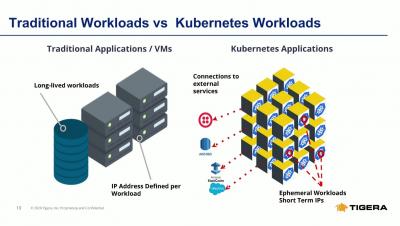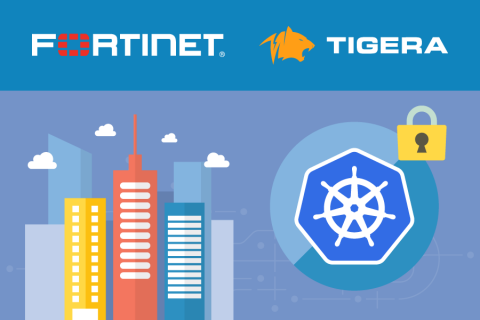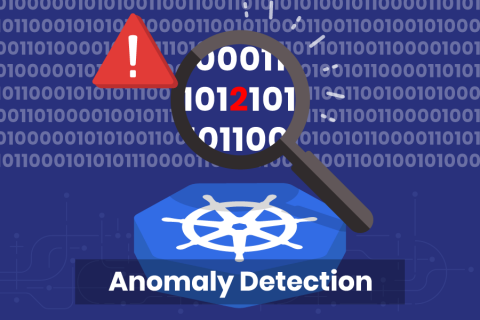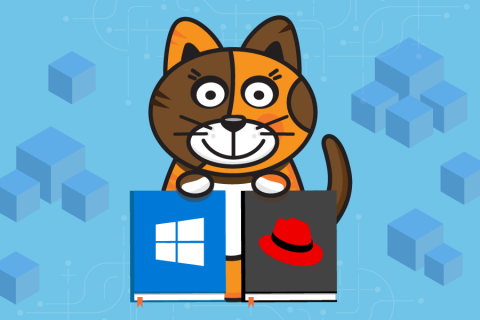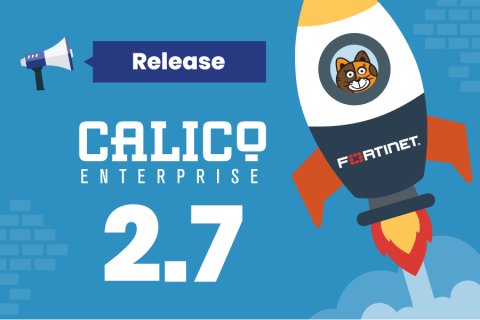Operations | Monitoring | ITSM | DevOps | Cloud
March 2020
How Fortinet and Tigera Protect Kubernetes in the Enterprise
Container use continues to grow, and Kubernetes is the most widely adopted container orchestration system, managing nearly half of all container deployments.1 Successful integration of container services within the enterprise depends heavily on access to external resources such as databases, cloud services, third-party application programming interfaces (APIs), and other applications. All this egress activity must be controlled for security and compliance reasons.
How to Efficiently Detect Domain Generation Algorithms (DGA) in Kubernetes with Calico Enterprise
2020 is predicted to be an exciting year with more organizations adopting Kubernetes than ever before. As critical workloads with sensitive data migrate to the cloud, we can expect to encounter various Advanced Persistent Threats (APT) targeting that environment.
Now Available: Calico for Windows on Red Hat OpenShift Container Platform
Approximately one year ago, Kubernetes 1.14 made support of Windows containers running on Microsoft Windows Server nodes generally available. This was a declaration that Windows node support was stable, well-tested, and ready for adoption, meaning the vast ecosystem of Windows-based applications could be deployed on the platform.
Extend Fortinet FortiGate to Kubernetes with Calico Enterprise 2.7
We are excited to announce the general availability of Calico Enterprise 2.7. With this release, Fortinet’s 400,000 customers can use FortiGate to enforce network security policies into and out of the Kubernetes cluster as well as traffic between pods within the cluster.


